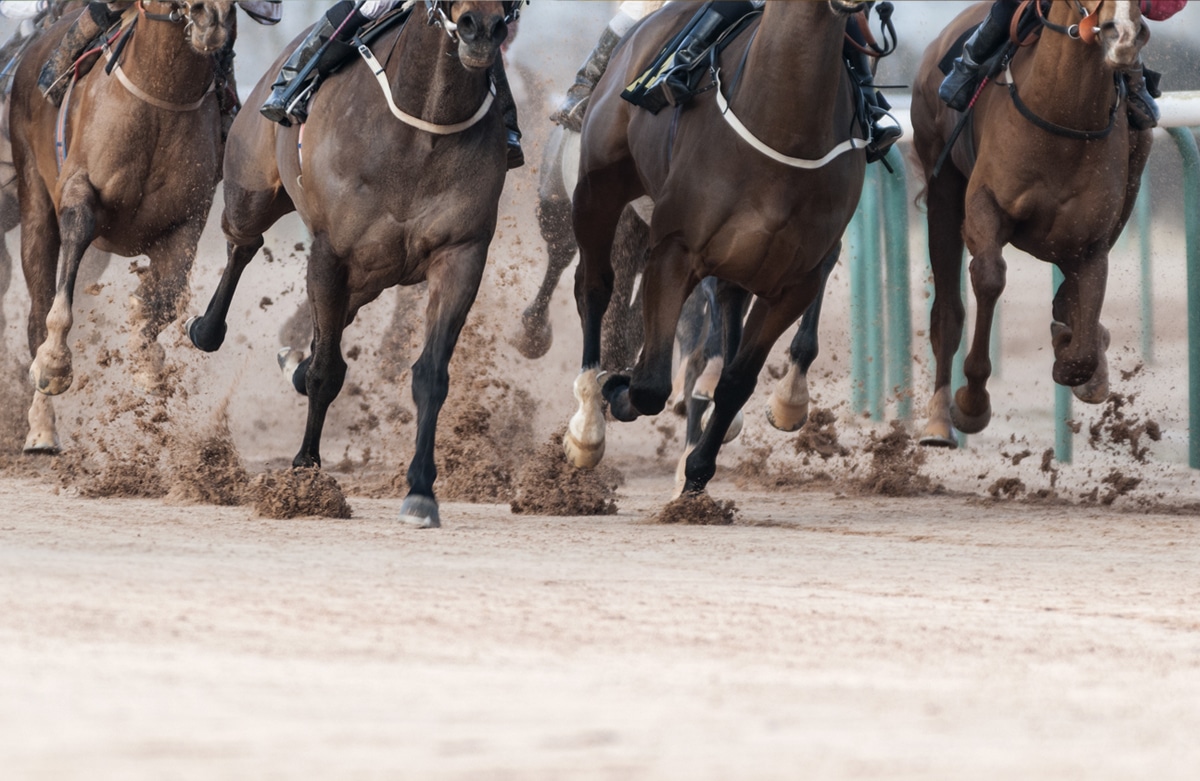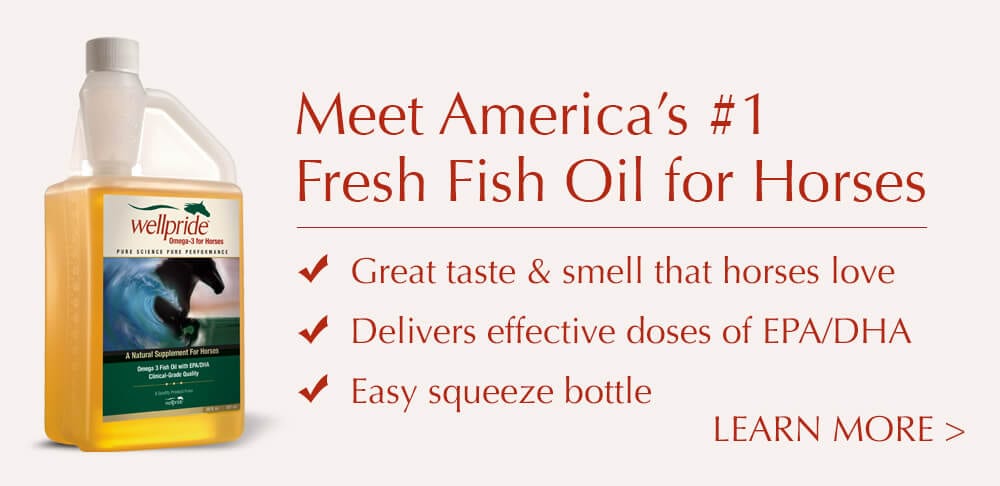How Omega-3s Keep Stallion Sperm Motility Going Strong
Whatever the owners of 2023 Kentucky Derby winner Mage choose to do with their horse next, the desirability and value in the breeding shed of this 3-year-old chestnut Thoroughbred stallion is assured.
Driving such performance is an impeccable pedigree that includes Good Magic, the 2017 U.S. Champion Two-Year-Old, as his sire, the 2008 Kentucky Derby and Preakness champion Big Brown as his grandsire, and some of the most noble foundation lineage of his breed, the Darley Arabian.
But good breeding is only half the story to a successful stallion.
Keeping that lineage galloping across the finish line takes healthy sperm motility. That’s where omega-3s can help deliver a win.
How Omega-3s Promote Stallion Sperm Quality
Scientists have long known that omega-3s are important for sperm health. In humans, higher omega-3s levels are associated with improved sperm count, morphology, and motility.
But are these benefits applicable to the racehorse industry? Absolutely!
The omega-3 fatty acid DHA is essential for all mammalian sperm. Across species, DHA maintains the flexibility and elasticity of the spermatozoa. It also works together with a type of omega-6 called DPAn-6 to protect the membrane stability of the sperm when it is cooled for artificial insemination.
Omega-3 Benefits for Artificial Insemination in Horses
A number of studies have looked at how omega-3s impact stallion fertility. Their findings are especially relevant for breeders using artificial insemination, where the sperm is cooled or frozen. Cooling or freezing the sperm can hurt its integrity, which is why protecting the sperm is important for a successful pregnancy.
A study published in the Journal of Equine Veterinary Science found that “supplementation with nutraceuticals containing fatty acids and antioxidants improved the quality of fresh, cooled, and frozen stallion semen.”
What’s the Best Omega-3 Source for Stallions?
Omega-3 supplements for horses can vary tremendously in the types of omega-3s they provide. For instance, plant-based sources of omega-3s, like flaxseed, do not contain any DHA – the most important omega-3 fatty acid for sperm health.
Fish oil, on the other hand, provides large amounts of DHA, as well as EPA and other types of beneficial fatty acids.
In a study of miniature Caspian stallions, fish oil supplementation improved sperm motility and viability, acrosomal conformation, and plasma membrane integrity. In another study of the same breed, fish oil plus thyme increased motility and improved the quality and plasma membrane integrity of cooled semen.
While not all studies have found statistical benefits with omega-3 supplementation for equine sperm health, the ones that have paired omega-3s with antioxidants like vitamin E have found beneficial results.
Fish Oil for Stallion Fertility
If races are won “by nose,” then a healthy acrosome is essential for crossing the finish line in the breeding barn. This fragile sac, located at the head of each spermatozoa, is filled with enzymes to help fertilize a mare’s egg. Nourishing the acrosome’s integrity until that final burst is integral to sperm health.
That’s why Wellpride, America’ #1 fish oil for horses, has so many loyal customers in the racehorse industry. Because it has always understood that getting an effective amount of the right kinds of omega-3s can have a direct impact on fertility.
“Wellpride® is a great source of DHA, providing 3 grams (or 3000 mg) in each ounce,” says Wellpride co-founder Dr. Anne-Marie Chalmers. “It’s a human-grade fish oil, and the omega-3s are also combined with vitamin E, rosemary and citrus extract for added antioxidant protection.”
When legacy counts, stallion owners can count on Wellpride.
References:
1. Gautier, C. and Aurich, C. (2022). “Fine Feathers Make Fine Birds” – The Mammalian Sperm Plasma Membrane Lipid Composition and Effects on Assisted Reproduction. Animal Reproduction Science, 246.
2. Bazzano, M., Laus, F., Spaterna, A., and Marchegiani, A. (2021). Use of Nutraceuticals in the Stallion: Effects on Semen Quality and Preservation. Reproduction in Domestic Animals, 56(7): 951–957.
3. Freitas, M. L. et al. (2016). Quality of Fresh, Cooled, and Frozen Semen From Stallions Supplemented with Antioxidants and Fatty Acids. Journal of Equine Veterinary Science, 46, 1 – 6.






